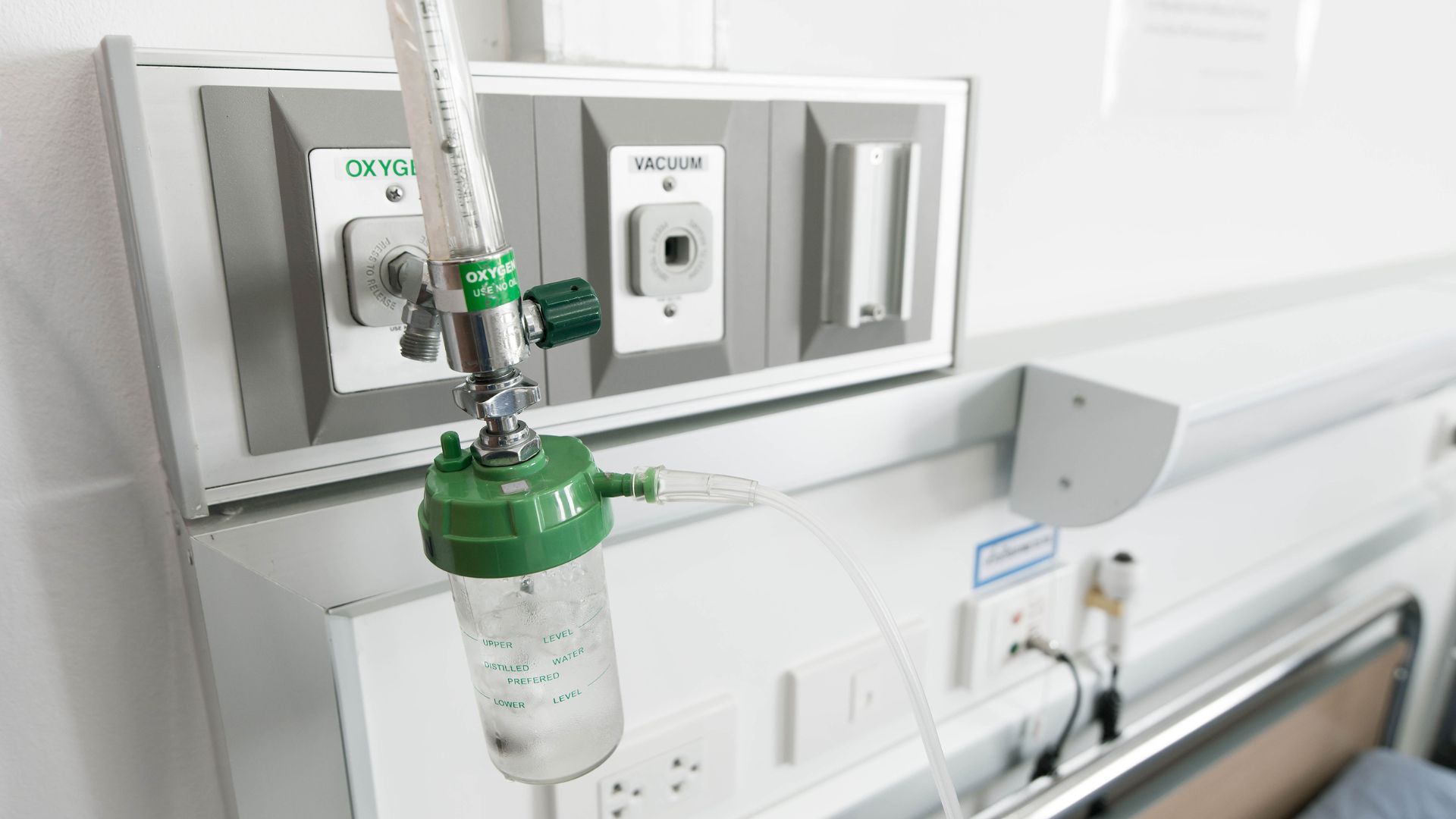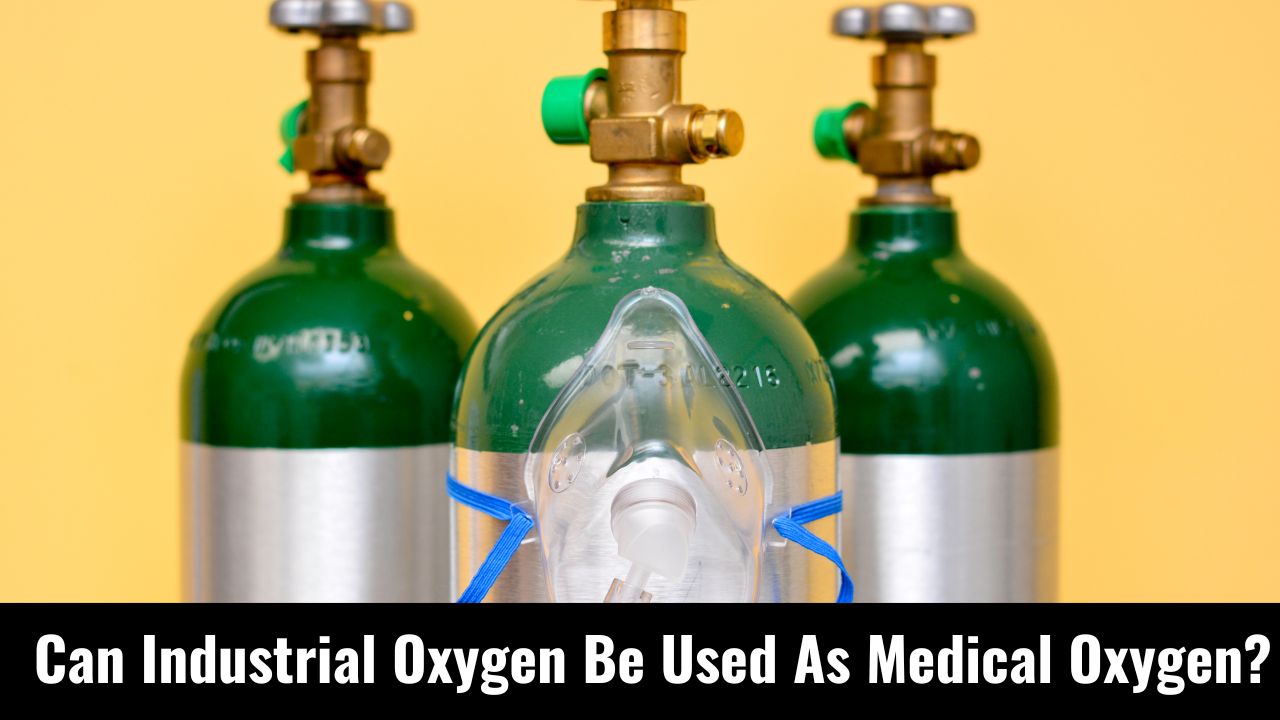The state of industrial oxygen cylinders is not as good as that of medical oxygen cylinders, despite the fact that industrial oxygen is purer than medical oxygen at 99.67 percent. The former are mistreated and not given adequate hygiene. They moreover frequently experience little leaks.
Industries and manufacturing facilities use oxygen for cutting, combustion, oxidation, and other chemical reactions. The distinction is that industrial oxygen's purity values fall short of those of medical oxygen. The industrial oxygen storage tanks may contain contaminants. Contaminants should not be present in medical oxygen cylinders. Before usage, the industrial cylinders need to be meticulously cleaned. Unlike medical oxygen, industrial oxygen is not meant to be inhaled.
Compressors that are oil-lubricated, oil-less, or oil-free can produce industrial oxygen. Depending on the product that is created utilizing the compressed air application will determine this. Oil-free compressors must be suitable for moving oxygen to the medical sector.
Can Industrial Oxygen Be Used As Medical Oxygen?
Industrial gas cylinders shouldn't be utilized in medicine since they include moisture, dust, and water seepage. They need to be upgraded before they can be used for medical purposes, which takes time and money and was not achievable in the past few weeks due to the increase in demand for oxygen. If industrial cylinders are not in good condition, there is concern that they could become contaminated. .
Medical oxygen is ultra-pure oxygen that has been created for use in the human body and is utilized in medical procedures. High-quality oxygen gas is present in medical oxygen cylinders; other gases are not permitted in the cylinder to prevent contamination. Medical oxygen is subject to additional regulations, such as the need for a prescription in order to place an order.
Industrial oxygen is mostly used for processes including combustion, oxidation, cutting, and chemical reactions in industrial facilities. The industrial oxygen purity levels are insufficient for human usage, and there may be contaminants from soiled machinery or unsanitary industrial storage that can cause illness in humans.
Using Regulations

It's also crucial to restate the regulations governing industrial and medicinal oxygen. To ensure that there are no potentially dangerous pollutants, the FDA controls medical oxygen and establishes high standards for tank cleaning. Because industrial oxygen is less rigorously monitored, there might be some contamination in the tank being used for these reasons. In light of this, medical uses for industrial oxygen are never appropriate.
Since the US Food and Drug Administration oversees medical oxygen, a prescription is required. The FDA wants to guarantee patient safety and that they receive the appropriate amount of oxygen for their needs. There isn't a one-size-fits-all answer because people come in a variety of sizes and have varying needs for medical oxygen depending on their individual medical conditions. For this reason, patients must see a doctor and obtain a prescription for medical oxygen. .
The medical oxygen cylinders must also be free of impurities and have a chain of custody to ensure that they are only being used for medical oxygen, according to FDA regulations. Medical-grade oxygen would not be used in cylinders that had previously been used for other reasons unless the cylinders were removed, meticulously cleaned, and properly labeled.
Misconceptions About Oxygen
It's a popular misconception that the air we breathe is entirely composed of oxygen . That is untrue. About 78 percent nitrogen and 21 percent oxygen make up the air we breathe. A mixture of various gases, including carbon dioxide and hydrogen, makes up the final one percent.
Another widespread myth is that certain jobs or uses require high purity oxygen which is almost all oxygen. For instance, deep sea diving and other uses of high purity grade oxygen would not be permitted. In the majority of these cases, filtered and chilled normal air or ABO gas is used for user comfort.
If you have any queries about oxygen, our helpful customer service staff is happy to help you choose the best oxygen grade for your requirements.

